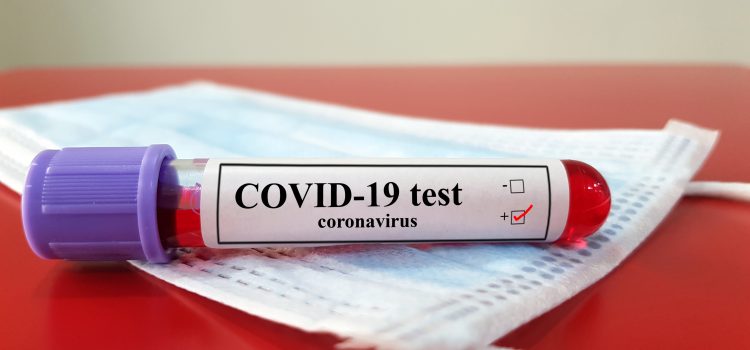Barely a week into Russia’s invasion of Ukraine, supply chain experts are warning that already-shaky delivery of essential goods from around the world—including just about everything you need in your supply room—is likely to get worse as the crisis wears on. An article just published by MedPageToday notes that the issue isn’t necessarily items sourced from Ukraine or being embargoed from Russia, but closed airspace corridors, disrupted shipping channels, and the ripple effects that emanate …
Read More









